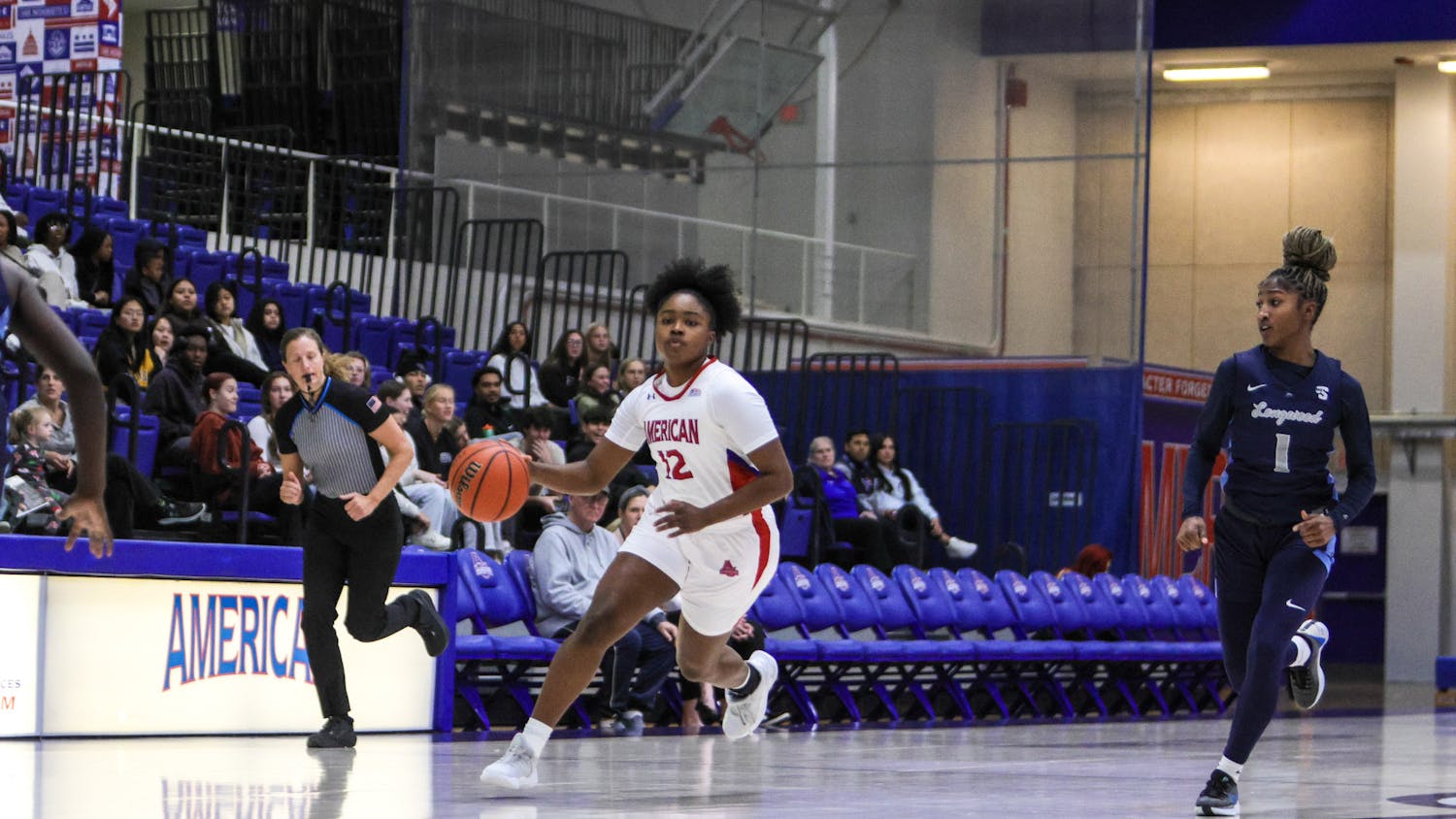The concept for the American University Experience courses was introduced in 2015, and the first AUx course was implemented into the curriculum for first-year students in 2018. Since 2018, the AUx1 and AUx2 courses have been both criticized and celebrated. However, the courses still leave students wondering if AUx is a class that is worth their time. Is it really accomplishing all that the University claims it does?
During their first semester, students are required to take AUx1, which is described by the University as a place to help “students navigate their academic, social, cultural, and psychological adjustment to university life at AU,” and covering “a wide-range of topics from habits and wellness dimensions, to identity and socialization, to how to be in community.”
I’m not the only student that would describe AUx as greatly missing the mark. It seems to be something the University has implemented solely to say it has a course unique to the first-year experience.
I took AUx1 last semester and recall almost nothing about the class except the icebreakers we played to learn each other’s names. The entirety of the semester seemed like a forced group therapy session where no one really wanted to share, rather than a class that was supposed to teach us about the importance of wellness and adjusting to life at college.
However, based on many other AUx1 horror stories I’ve heard, my experience seems desirable. My roommate had an AUx1 class that had what could best be described as a group therapy session once a week where people would share in-depth, triggering stories about their lives, followed by applause from the professor and other students. She would frequently come back exhausted and overwhelmed by the 75-minute trauma dump session she had to endure.
Trauma dumping often ruins any chance of a productive conversation about important topics. While some people may be ready and willing to share their experiences with a class of strangers, AUx1 is not the safe space it is supposed to be. A personal connection to a topic can add incredibly valuable insight and perspective, but oversharing is so normalized in the AUx environment that it has created a space that many students dislike attending.
After completing AUx1, I was excited to progress into AUx2 because it seemed like it would be a more effective space for learning and growing in a group setting. According to AU’s website, “AUx2 seeks to create a space for dialogue and learning about race, social identity, and structures of power and oppression,” while also “build[ing] upon concepts introduced in AUx1, blending personal exploration of social identity formation with a multidisciplinary approach to race.”
With AUx2’s more specific focus on anti-racism, oppression and power, I figured that it would be a great space to confront unconscious biases, learn about anti-racism and hear from diverse perspectives. However, it hasn’t necessarily panned out that way.
AUx2 has not been an excellent course. It’s vague and seems to focus on catering toward discussions in the classroom that everyone can relate to instead of encouraging people to confront tough topics. Other freshmen feel similarly.
A friend of mine told me that as a person of color at a predominantly white institution, in an AUx class full of all white students, she is not comfortable sharing her experiences regarding oppression and racism. However, she said she feels like she is put in the spotlight in AUx, being the only person of color in the room. She also said that sometimes AUx feels like a joke, because in the same conversation where she is expected to share her vulnerable experiences about being Asian American, she also has to listen to a girl with a concussion complain about being “oppressed” because Terrace Dining Room plays loud music and has bright lights.
AUx2 forces students of color to lead discussions in predominantly white classes, making them relive traumatic experiences, as seen with people like my friend. Additionally, AUx2 is somewhat of a catch-all used by the University for all of the anti-racist education provided here. As a PWI, the University should be doing more to create space for education that isn’t vague and catered toward white students.
American University tends to use a lot of words but not put much action behind them. The AUx program isn’t any different. The promises of the program cannot be fulfilled without a complete overhaul to make it a worthwhile, helpful and stress-free class for first-year students to learn about the University and immerse themselves in anti-racist learning.
Alana Parker is a freshman in the School of Public Affairs and School of Communication and a columnist for The Eagle.
This article was edited by Jelinda Montes, Alexis Bernstein and Nina Heller. Copy editing done by Isabelle Kravis, Natasha LaChac, Sarah Clayton and Leta Lattin.





